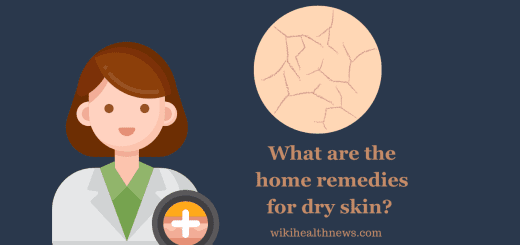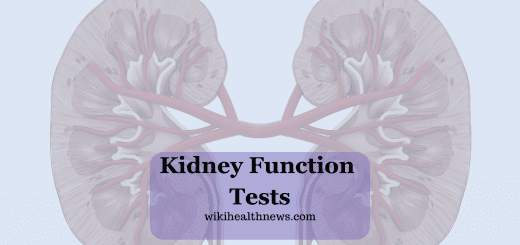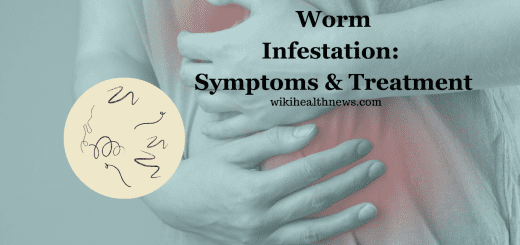EXERCISE PREVENTS DEPRESSION

What is Depression?
Depression is a common but serious mood disorder. It causes severe symptoms that affect how you feel, think, and handle daily activities, such as sleeping, eating, or working. To be diagnosed with depression, the symptoms must be present for at least two weeks.
When you know that you are having depression?
- Persistent sad, anxious, or “empty” mood
- Feelings of hopelessness, or pessimism
- Irritability
- Feelings of guilt, worthlessness, or helplessness
- Loss of interest or pleasure in hobbies and activities
- Decreased energy or fatigue
- Moving or talking more slowly
- Feeling restless or having trouble sitting still
- Difficulty concentrating, remembering, or making decisions
- Difficulty sleeping, early-morning awakening, or oversleeping
- Appetite and/or weight changes
- Thoughts of death or suicide, or suicide attempts
- Aches or pains, headaches, cramps, or digestive problems without a clear physical cause and/or that do not ease even with treatment.
How depression is treated?
Antidepressants are medicines that treat depression. They may help improve the way your brain uses certain chemicals that control mood or stress.
How much time medicines take to show effects?
Antidepressants take time – usually 2 to 4 weeks – to work, and often, symptoms such as sleep, appetite, and concentration problems improve .
Psychotherapy : can it help?
Several types of psychotherapy (also called “talk therapy” or, in a less specific form, counseling) can help people with depression.
What are the measures can be taken beyond Treatment ?
Here are other tips that may help you during treatment for depression:
- Try to be active and exercise.
- Set realistic goals for yourself.
- Try to spend time with other people and confide in a trusted friend or relative.
- Try not to isolate yourself, and let others help you.
- Expect your mood to improve gradually, not immediately.
- Postpone important decisions, such as getting married or divorced, or changing jobs until you feel better. Discuss decisions with others who know you well and have a more objective view of your situation.
- Continue to educate yourself about depression.
How Exercise helps to improve depression?
Regular exercise may help ease depression and anxiety by:
- Releasing feel-good endorphins, natural cannabis-like brain chemicals (endogenous cannabinoids) and other natural brain chemicals that can enhance your sense of well-being
- Taking your mind off worries so you can get away from the cycle of negative thoughts that feed depression and anxiety
Regular exercise has many psychological and emotional benefits, too. It can help you:
- Gain confidence.
- Get more social interaction.
- Cope in a healthy way.











